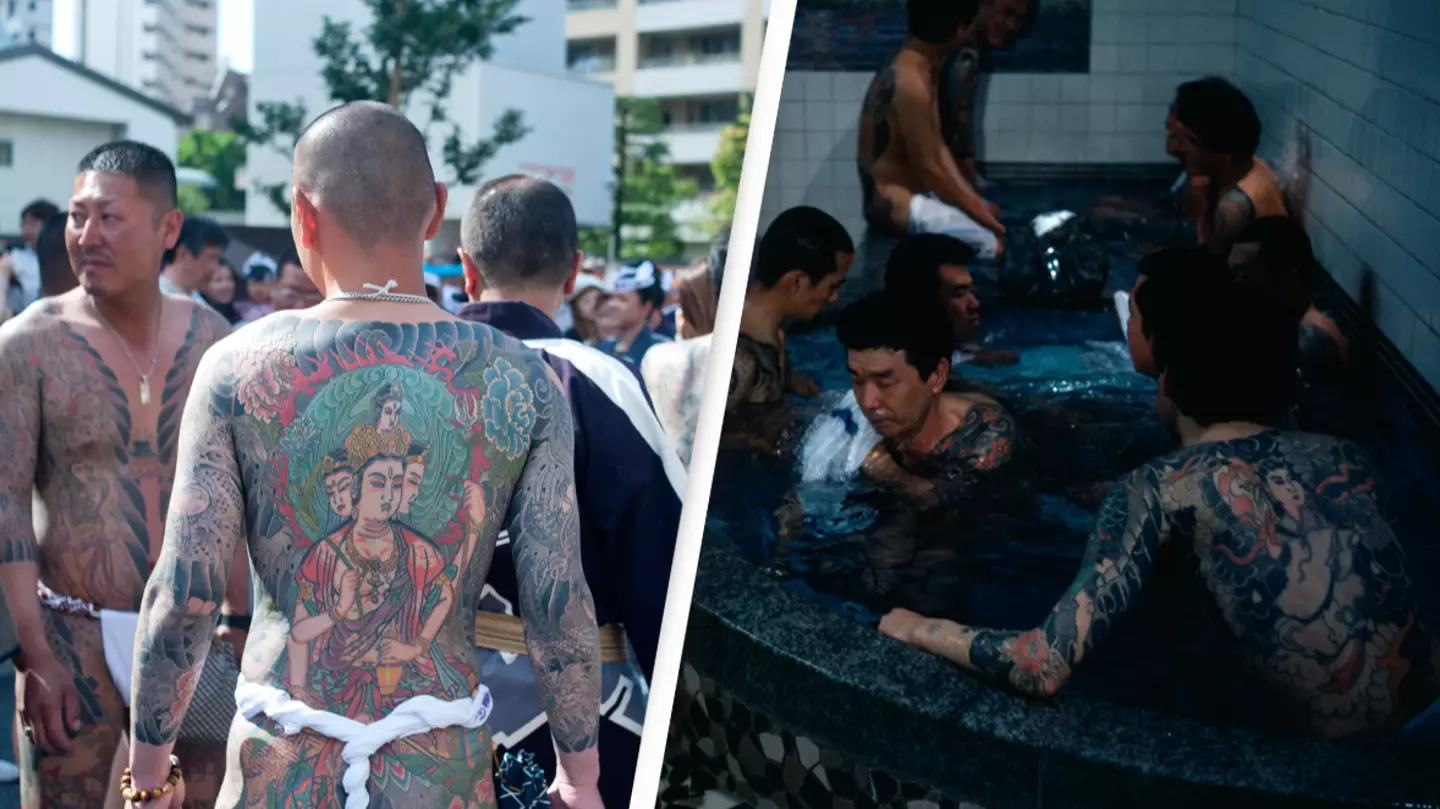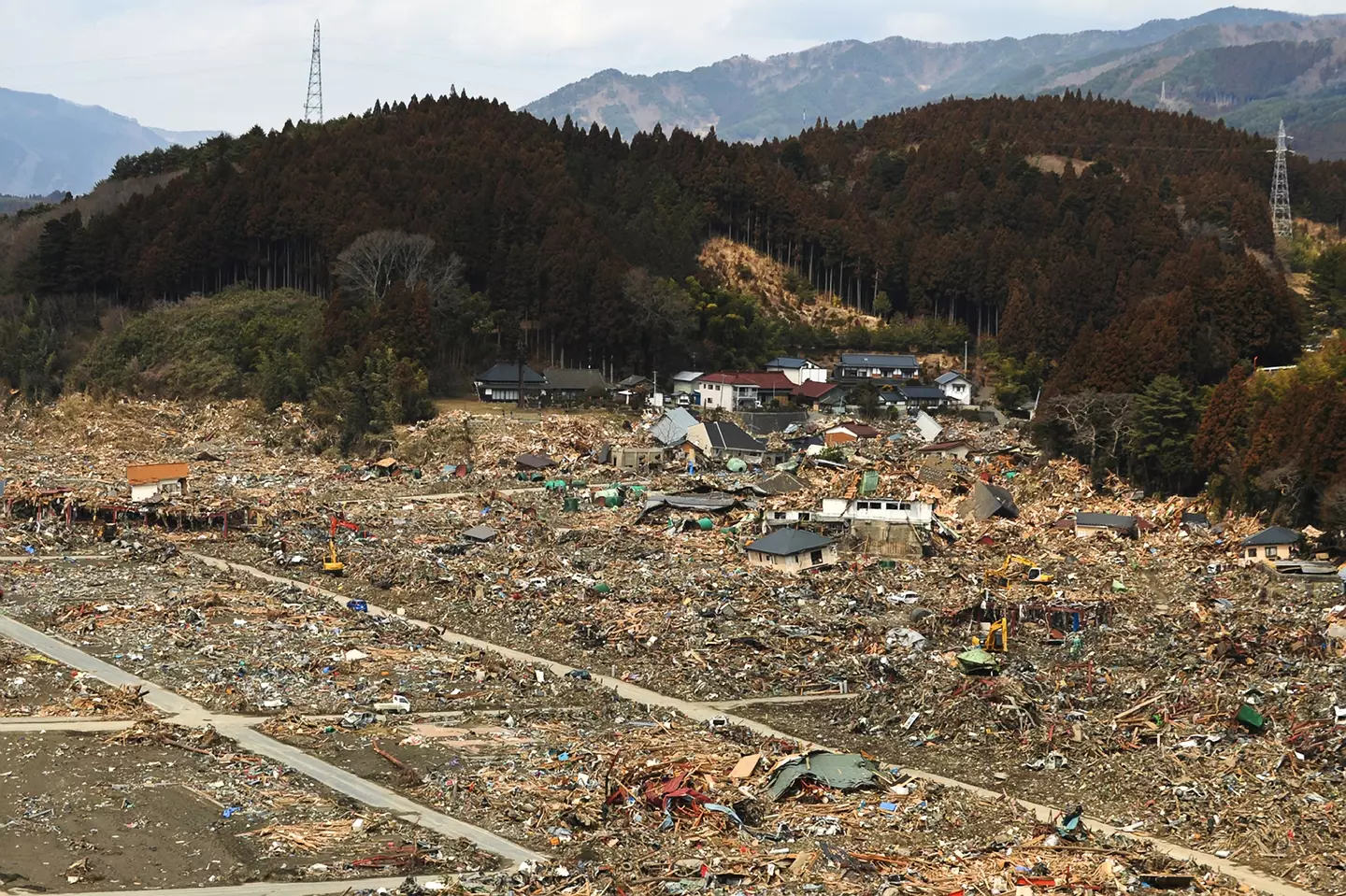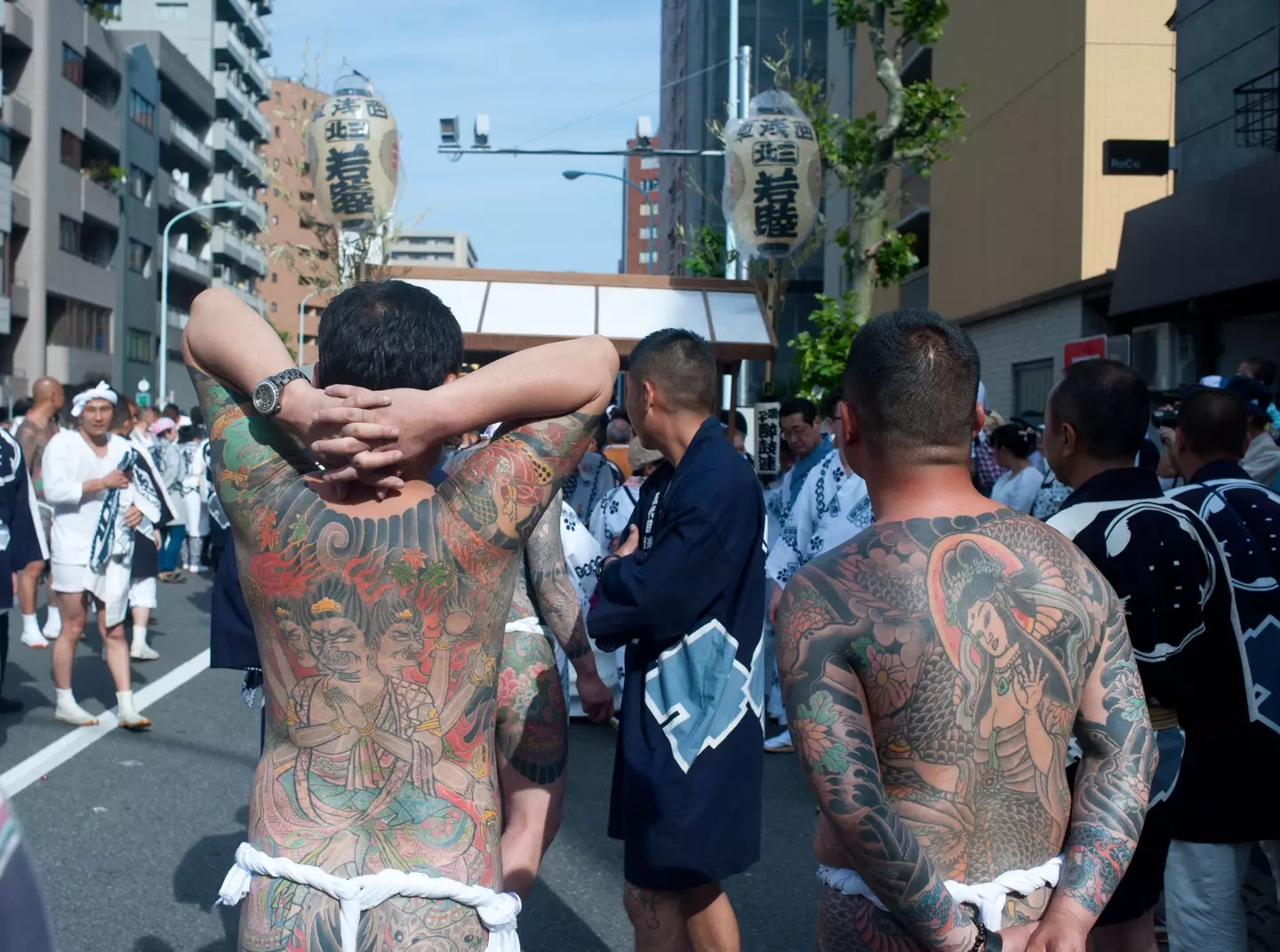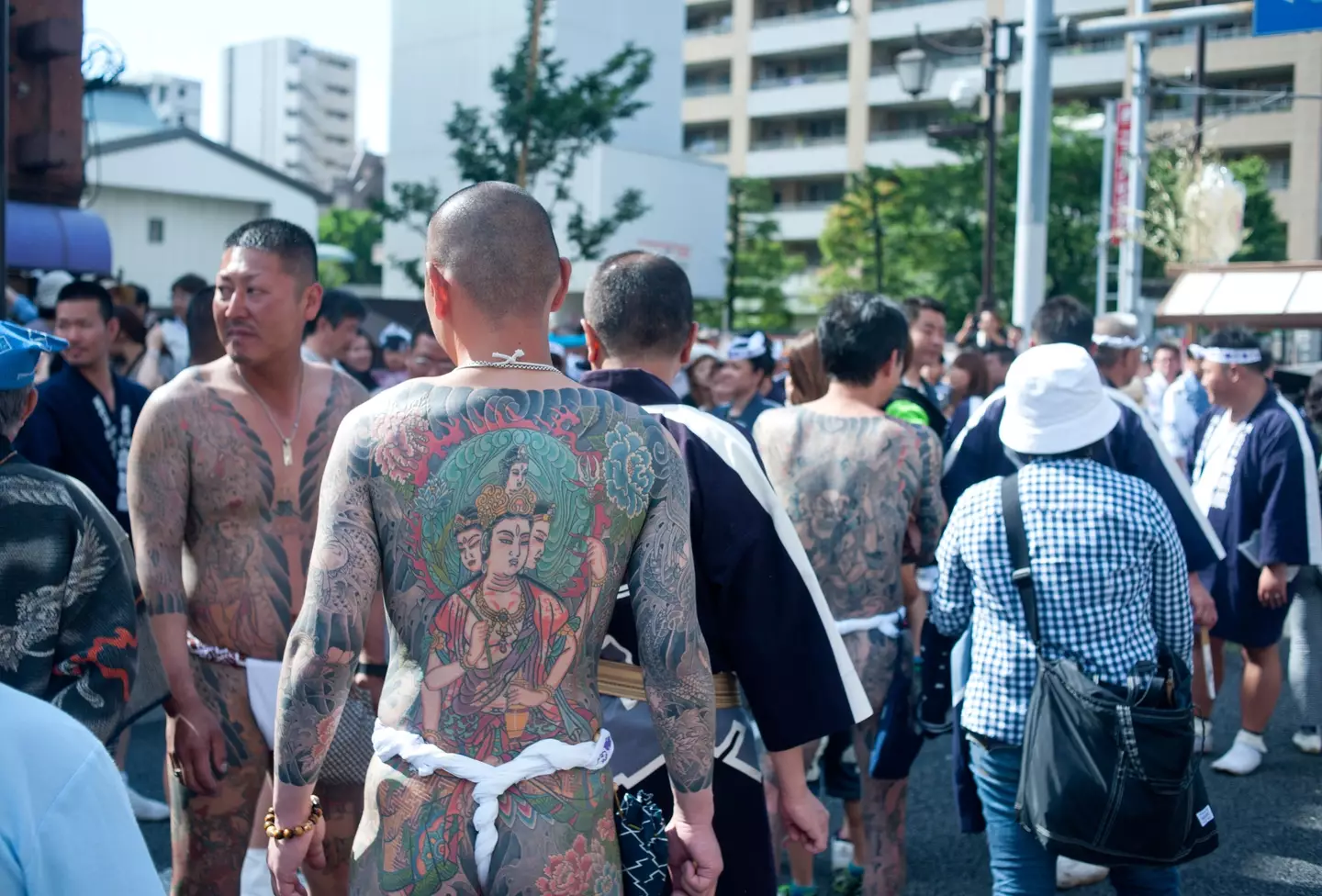
Where some countries have mafia, Japan has been known to have the Yakuza; a complex group of some of the country's most powerful criminal gangs which has been around for 400 years.
A quick search of the Yakuza returns some recurring terms such as gangsters, 'violence groups' and criminals, but in being tied up with centuries of Japanese history they have proven themselves to be about more than just crime.
The group has a history of humanitarian aid, providing supplies such as food, water and blankets to the people of the Tōhoku region who had their lives devastated in the 2011 tsunami, and being first on the scene following the Kobe earthquake in 1995.

Shortly after their efforts in the Tōhoku region began to wind down, All That's Interesting reports the Yakuza sent men into the Fukushima Daiichi Nuclear Power Plant in Ōkuma, Fukushima, which had lost its power supply and ability to cool three reactors in the tsunami.
Advert
The issues led to the most severe nuclear accident since the Chernobyl disaster in 1986, but the Yakuza didn't hesitate to respond due to the 'Ninkyo Code'; a principal which is held by every member of the group and which forbids them to allow anyone else to suffer, according to author Manabu Miyazaki.
Miyazaki has written more than 100 books about the Yakuza and minority groups, and believes the helpful and giving arm of the Yakuza is rooted in its history, saying: 'Yakuza are dropouts from society. They’ve suffered, and they’re just trying to help other people who are in trouble.'

The group began with members who were considered to be of the lowest social group, known as the Burakumin.
Advert
They apparently consisted of executioners, butchers, undertakers, leather workers, and those who worked with death; the people who were considered 'unclean' in Buddhist and Shinto society.
Forced isolation began in the 11th century but it got far worse in the year 1603, when formal laws were established to cast the Burakumin out of society and forced many to live in towns of their own.
Crime flourished after 1603 as a result of the exclusion, with some sons of Burakumin setting up stalls to sell stolen items while others set up illegal gambling houses. This developed into the beginning of organised gangs; the groups in which the first Yakuza were born.
According to The Independent, descendants of Burakumin still face discrimination today. Notably, Burakumin descendants reportedly dominate Yakuza membership.

The group went on to become a full group of criminal organisations with customs and codes which have remained throughout its history and allowed members to become a family.
Advert
Members covered their skin in tattoos and had a missing finger on their left hands, while their crimes include drug dealing, sex work, trafficking and extortion.
In 1991, the first so-called 'anti-Yakuza' law was passed, making it illegal for a gangster to get involved in some types of legitimate business, and over the following years a number of other laws emerged to restrict the group.
As a result, memberships have reportedly been at an all-time low in recent years.
If you have a story you want to tell, send it to UNILAD via [email protected]
Topics: World News, Crime, Life
